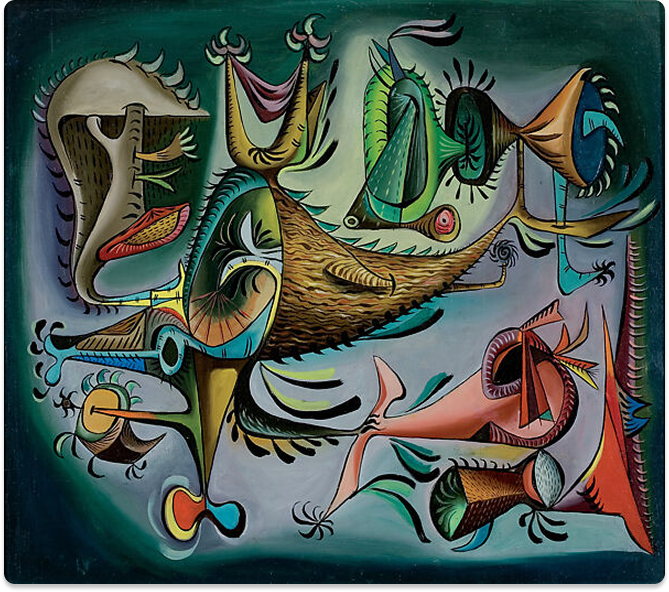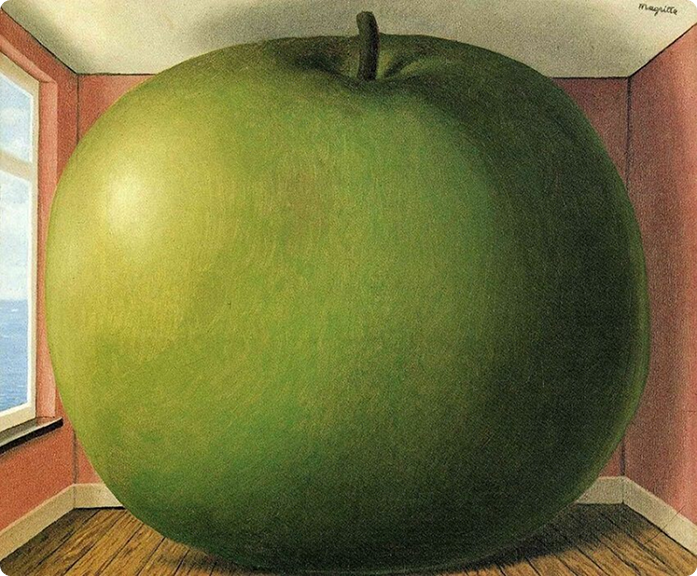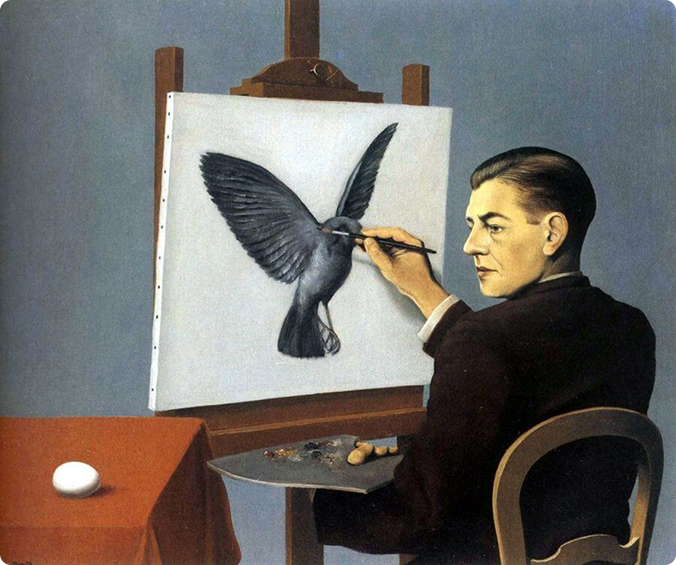Against the Cult of Productivity in Writing
Dear writers in your rot-era, be free & see past the myth
I’m going to say something that might make writing coaches hate me: most days, you shouldn’t write at all.
There. I said it. Let the productivity gurus come for me. Though, just know that you’ll also be coming for Toni Morrison, who puts it far more eloquently than I ever could:
When I sit down in order to write, sometimes it’s there; sometimes it’s not. But that doesn’t bother me anymore. I tell my students there is such a thing as “writer’s block,” and they should respect it. You shouldn’t write through it. It’s blocked because it ought to be blocked, because you haven’t got it right now.
For years, I tortured myself with the bullshit “write every day” mantra. I set word count goals. I tracked my streaks (god save us from all these gamified apps for every single aspect of our creative and personal lives!).
Things got so bad that I even felt guilty every time I chose to read a book instead of drafting a new poem or story, felt like a bad “writer” every time I stared out the window instead of opening my manuscript, every time I went to bed having produced a whole lotta nothing.
✦ The Cult Has a Uniform ✦
The cult of productivity in writing wears a very specific uniform: wake up at 5 AM, write before your day job, hit your word count, never break the chain. It speaks in the language of discipline, consistency, and output. It measures success in drafts completed, not in understanding deepened. It values showing up over knowing when to walk away.
This cult borrowed its doctrine from the factory floor and the startup grind, then convinced us that art could be optimized the same way you optimize a sales funnel. Write every day and you’ll finish your novel. Write every day and you’ll get published. Write every day and you’ll finally be a real writer.
And yet…writing was never just about typing or scribbling away.
Most of the best writing I’ve ever done happened when no sane person would see me as say “yeah, that woman’s writing something, I guess.”
Think: long walks in solitude on quiet, rainy evenings thinking about my characters like they were memories from another life, crossing over. Soaking in the shower, letting the right metaphor rise like steam before me, mine to curl my fingers through and make real.
And how can I forget the countless instances of reading another’s poems or stories, allowing their words to wash over me, run through me, utterly changing my brain chemistry, like a drug where the only side effect is that it kicks you in the butt to write something just as good, if not better.
✦ Your Mind Is Compost ✦
A metaphor for the writing process that I much prefer to the assembly line is the mind as a heap of beautifully grotesque compost.
You throw everything in there: the conversation you overheard at the coffee shop, the way light fell through your kitchen window, that article about octopuses you read at 2 AM, your mother’s hands, the smell of rain on hot pavement, a line from a poem that’s been haunting you for months, your ex’s voice, the taste of blood in your mouth when your kid accidentally clocked you in the chin while playing…
And then…you let it fucking rot…slowly, allowing for the creep and the sink and the curdling…the crackling coolness to settle over that burning ash of life. Let it all grow dark and rich and strange and maybe even glow and pulse and fill with imperceptible light. Let the worms of wisdom do their work.
And, remember these words of Leonard Cohen, always:
Poetry is just the evidence of life. If your life is burning well, poetry is just the ash.
This kind of…composting of the creative process requires patience. It requires inactivity. It requires faith that something is happening even when you can’t see it.
The best poems and stories rarely come from daily excavation, least of all in the beginning. They come from fermentation. They come when the thing you noticed three months ago finally collides with the dream you had last week and the childhood memory that surfaced while you were doing dishes. They come when disparate elements have been sitting together long enough to ache into something new.
✦ Permission to Fallow ✦
Here are some things I wish someone had told me ten years ago:
You are allowed to have fallow seasons.
You are allowed to read for six months without writing a word and call it work—because it is!
You are allowed to lie on your sofa and stare at the ceiling while your subconscious solves the problem your conscious mind has been strangling.
You are allowed to go months without touching your manuscript because you’re not ready yet, because it’s not ready yet, because the compost needs more time.
You are allowed to write three pages in one fevered sitting and then nothing for weeks.
You are allowed to be a writer who doesn’t write every day.
You are allowed to give the middle finger to a traditional publishing journey, and then actually kind of want it again years later.
Feel free to contradict yourself. You’re a motherfucking writer.
Farming wisdom tells us that land needs to rest. A field that’s forced to produce year after year without pause becomes depleted, the soil thin and exhausted. But a field left fallow for a season comes back stronger. The ground replenishes itself. What looked like emptiness reveals itself to be a silent act restoration all along.
I truly feel our creative minds are not much different.
✦ On Productive Writers ✦
Some writers do write every day. Good for them, for real! Still, here’s something we perhaps miss when considering such creative productivity:
They’re not always writing new work. They’re journaling. They’re freewriting absolute garbage. They’re doing writing exercises. They’re rewriting the same scene for the seventh time. Many of them are deeply anxious people using the daily practice to manage that anxiety, which is beautiful!
What I want to get across, though, is that the myth of constant productivity serves capitalism, not art. It serves people selling courses and productivity apps and coaching packages. It serves the publishing industry that wants a steady stream of content. It serves everyone except you, the actual writer, trying to make something real and honest, arrived at through a sheer inexplicable mix of desire, faith, and fate.
✦ The Audacity of Rest ✦
There’s something radical about refusing to be productive. Every day you don’t write is not a day wasted, but rather a day spent adding to the compost pile. A day of decomposition…where the soil of your mind (or soul, if you want to get woo-woo with me, why not!) is healing itself.
Your worth as a writer is not determined by your daily word count, nor by how much and where you’ve been published. Hell—it’s not even determined by whether you showed up to your desk this morning.
Your worth as a writer is determined by whether you’re paying attention to your life, and whether you’re brave enough to wait until you have something worth saying.
So let it rot.
Your words will grow when they’re good and fermented.
And they’ll be worth the wait.










There seems to be two distinct groups of writers and readers in the world.
Those that want to read/write a lot, and those that want to read/write something influential.
The former is a much larger group. And much of that group churns on advice tailored to that form of writing. Stephan King's On Writing is a good example of that, as well as the advice he's given in interviews over the years. Get the routine, get pages per day done.
"Inspiration shows up, but it has to find you working" (Picasso, but it fits).
This mentality is great if you want to be known as a writer and want to make a business of writing. There are countless YouTube channels now sharing similar advice. The story and character templates. The highlighted writing routines. I enjoyed these YouTube channels and all the advice and encouragement they shared. Until I realized something. I don't really like Stephen King books...
I have had trouble in book clubs because I think a large percentage of the reading population also falls into this former category. Much more concerned with their Goodreads 50 books in a year reading goal, than what they actually read. Personally, I'd rather read one book in a year, in a decade, that I could think about that whole time over 500 books that are a blurred soup, fading from my mind.
There can certainly be a tendency on both sides to dismiss the other. "They are elitist kill joys." vs "They are unthinking consumers." ...but we can and actually need both groups. Both help the industry and each other. They challenge and encourage each other. I'm so thankful I've found a book club that actually appreciates my dissenting opinion on books. I have been able to help people think deeper about books, and they have helped me find some gems that I wouldn't have tried because they seemed "too popular."
But I thank you for this essay. It gives voice to a quieter but no less passionate population of book people. I love the compost analogy as I feel I've had that floating in my soul without a name for a long time and you helped bring it into focus.
Dammit, this is a revelation, and eerily appeared just when I was castigating myself for not wearing my writing hairshirt to the laptop every single morning! Thank you Shannan.